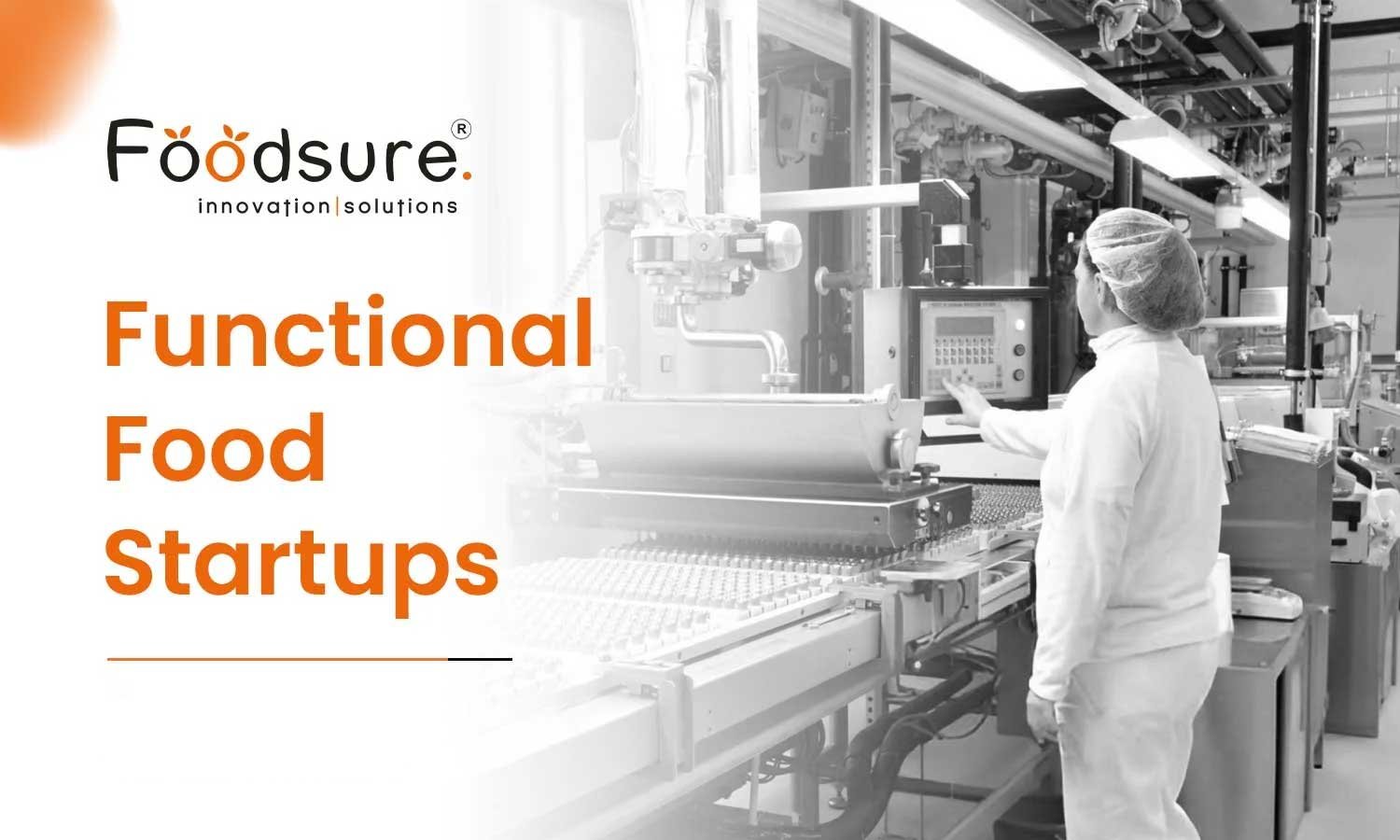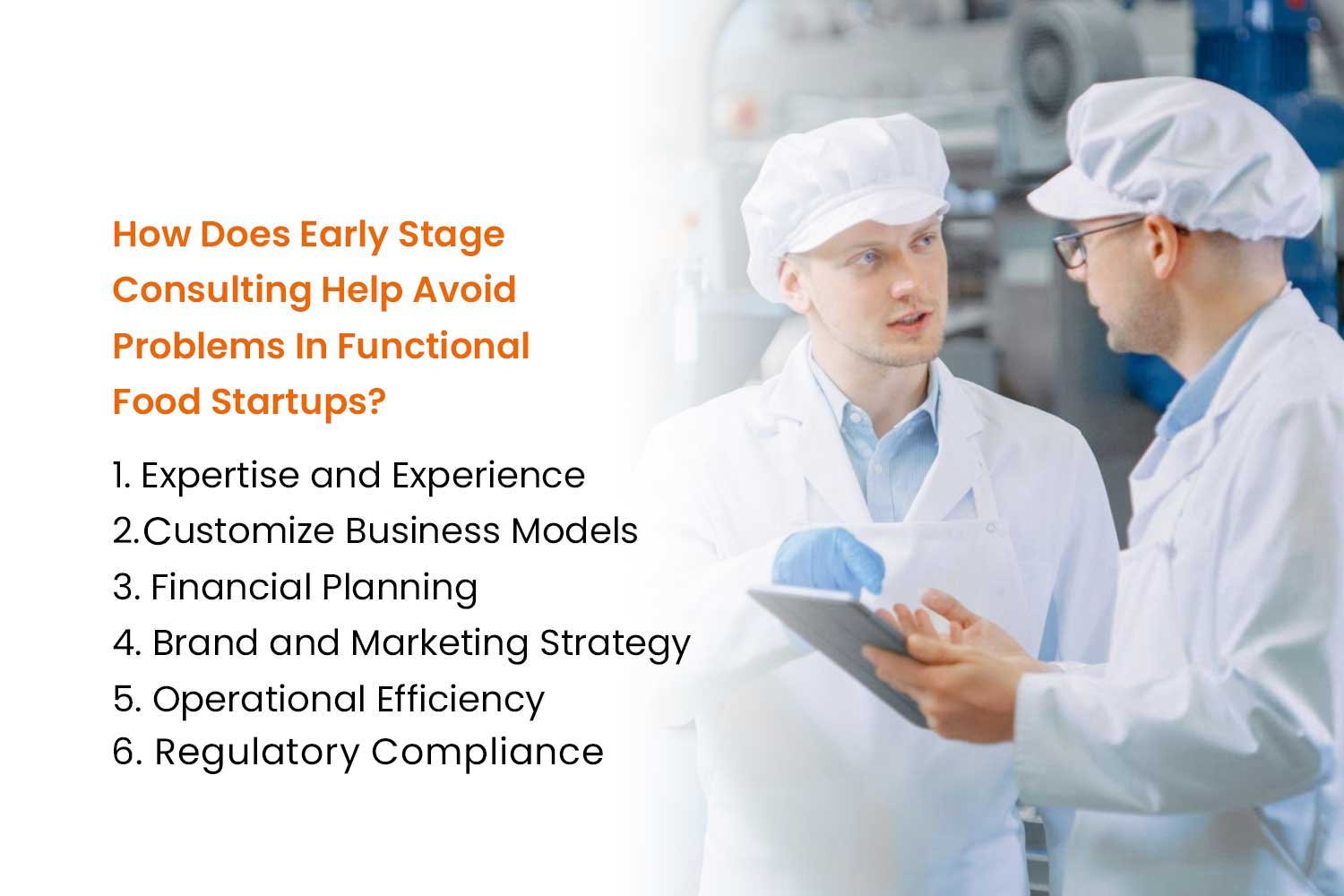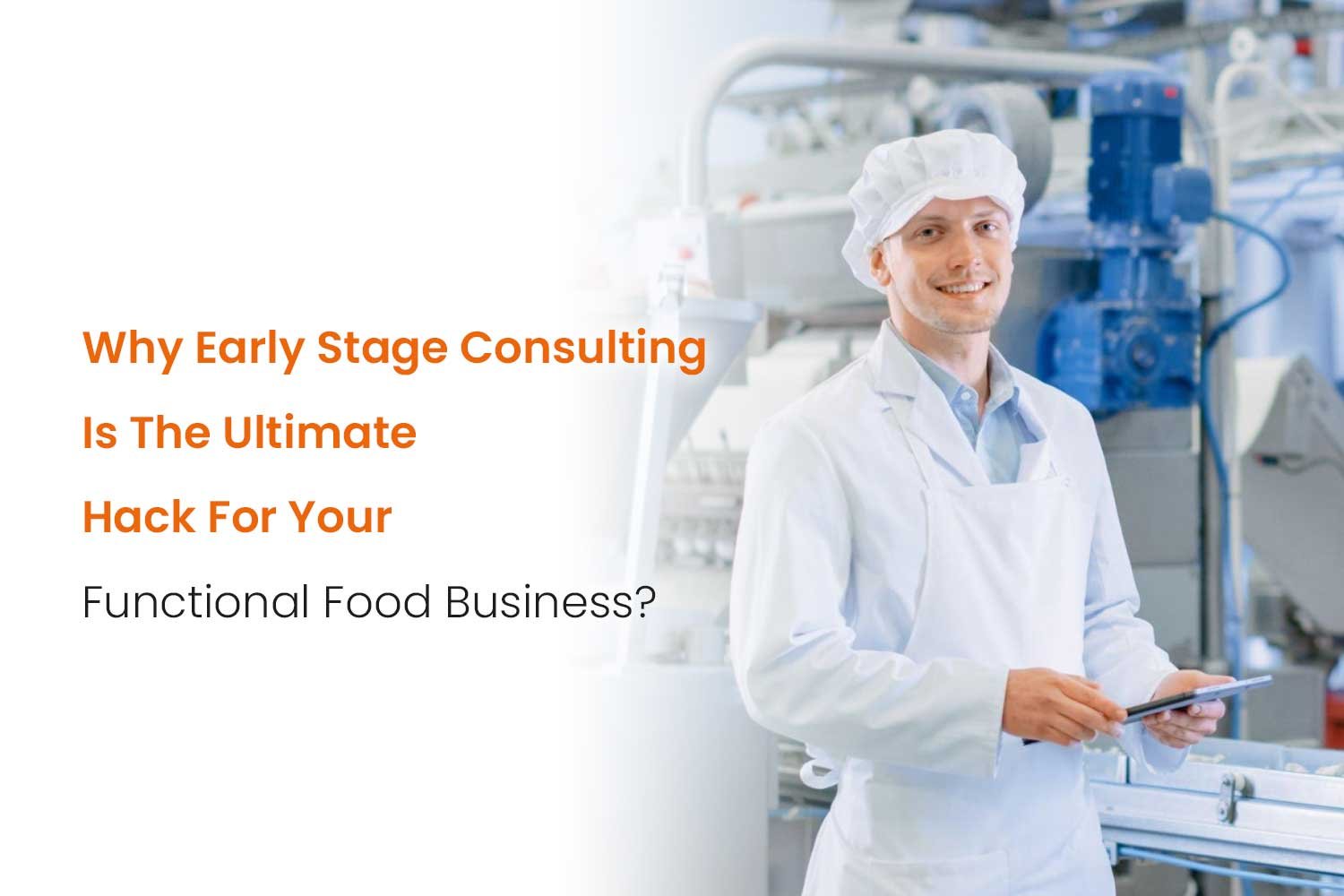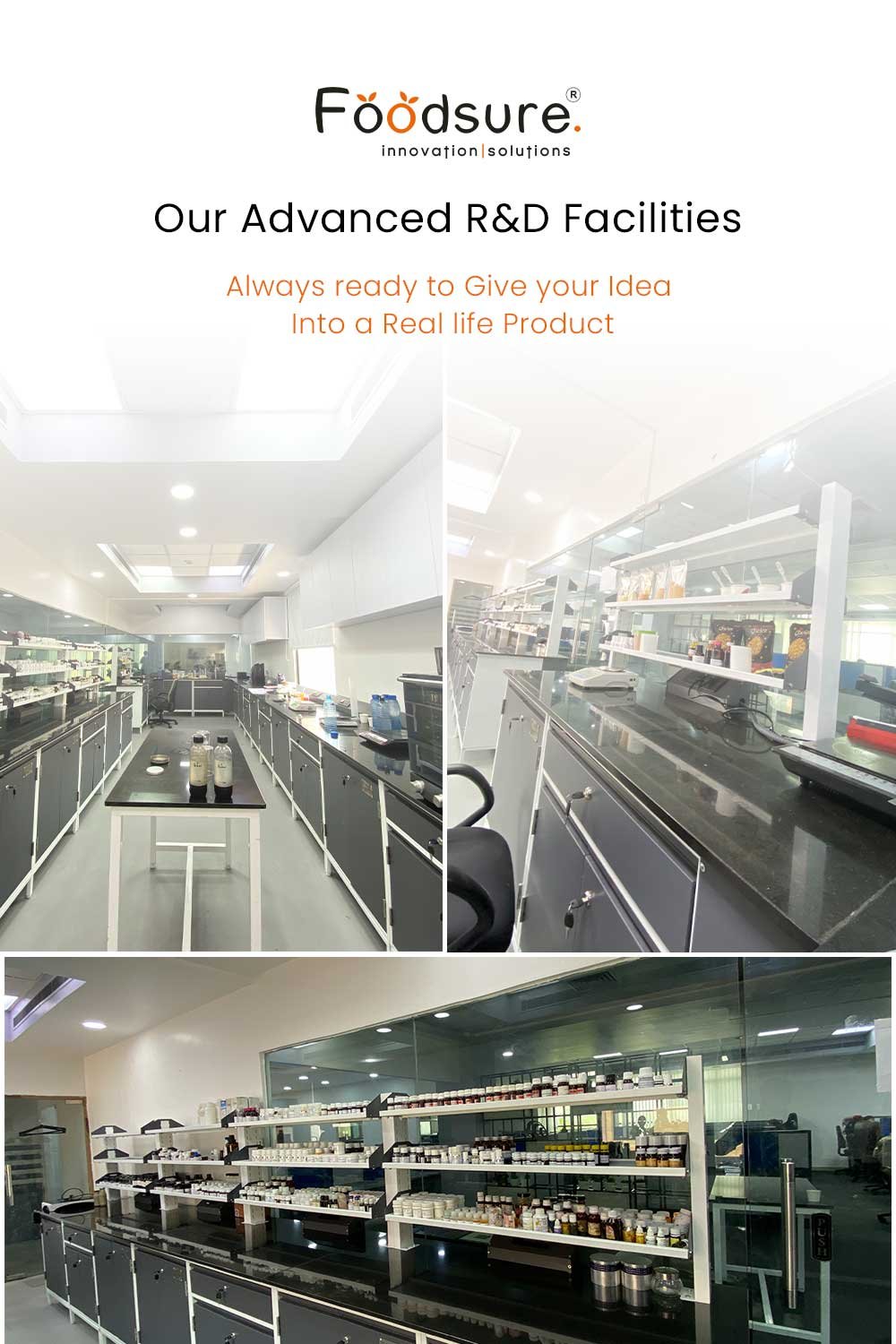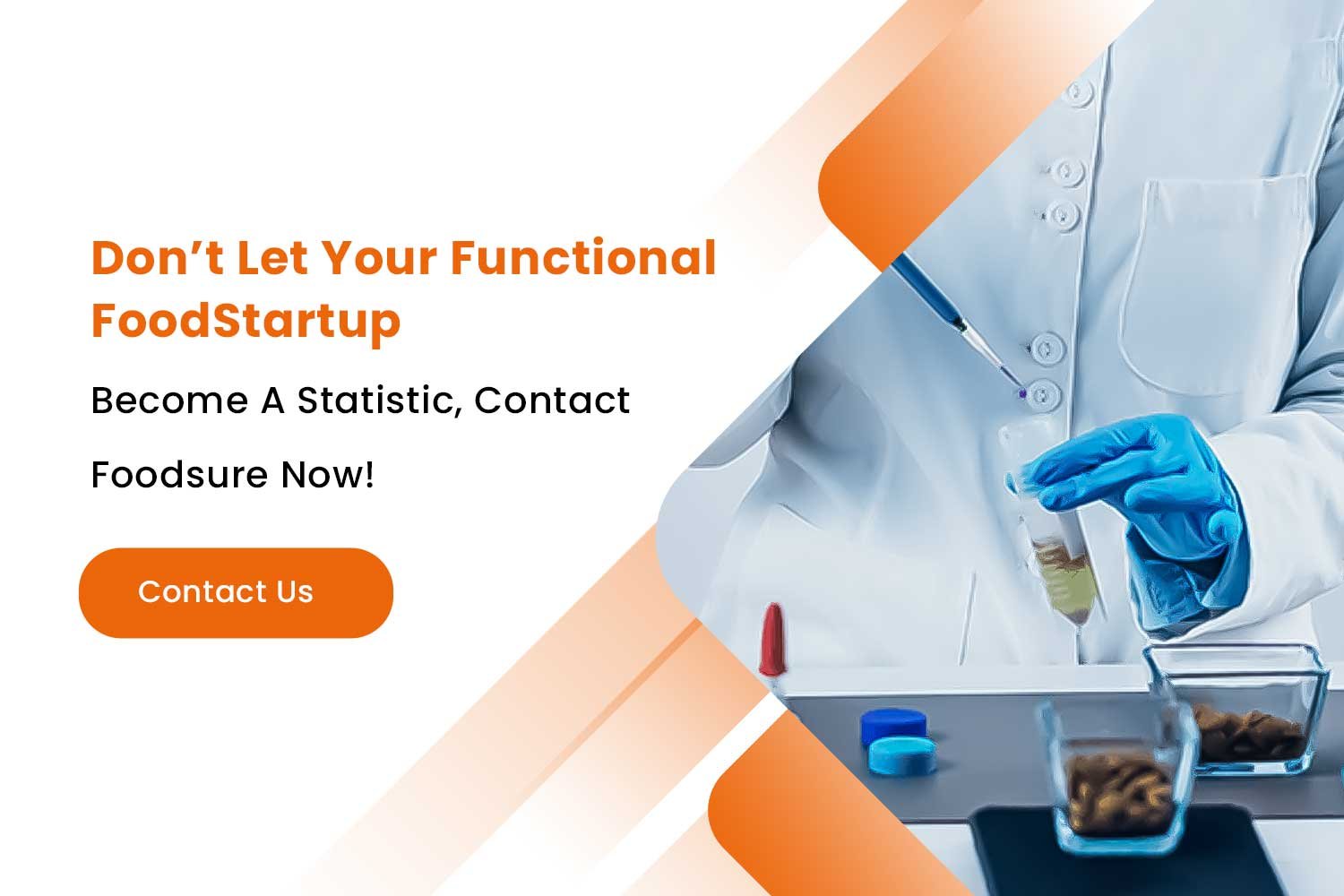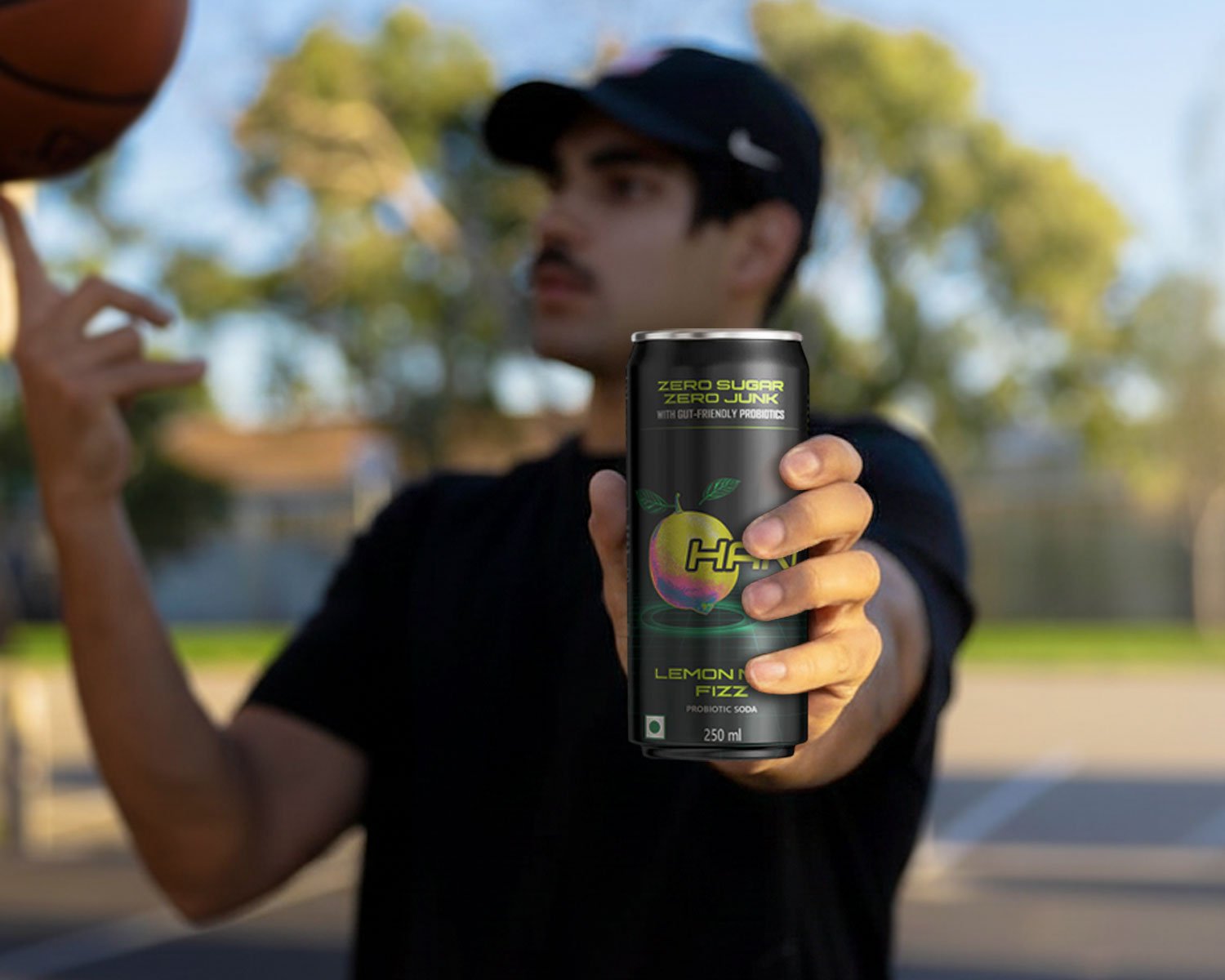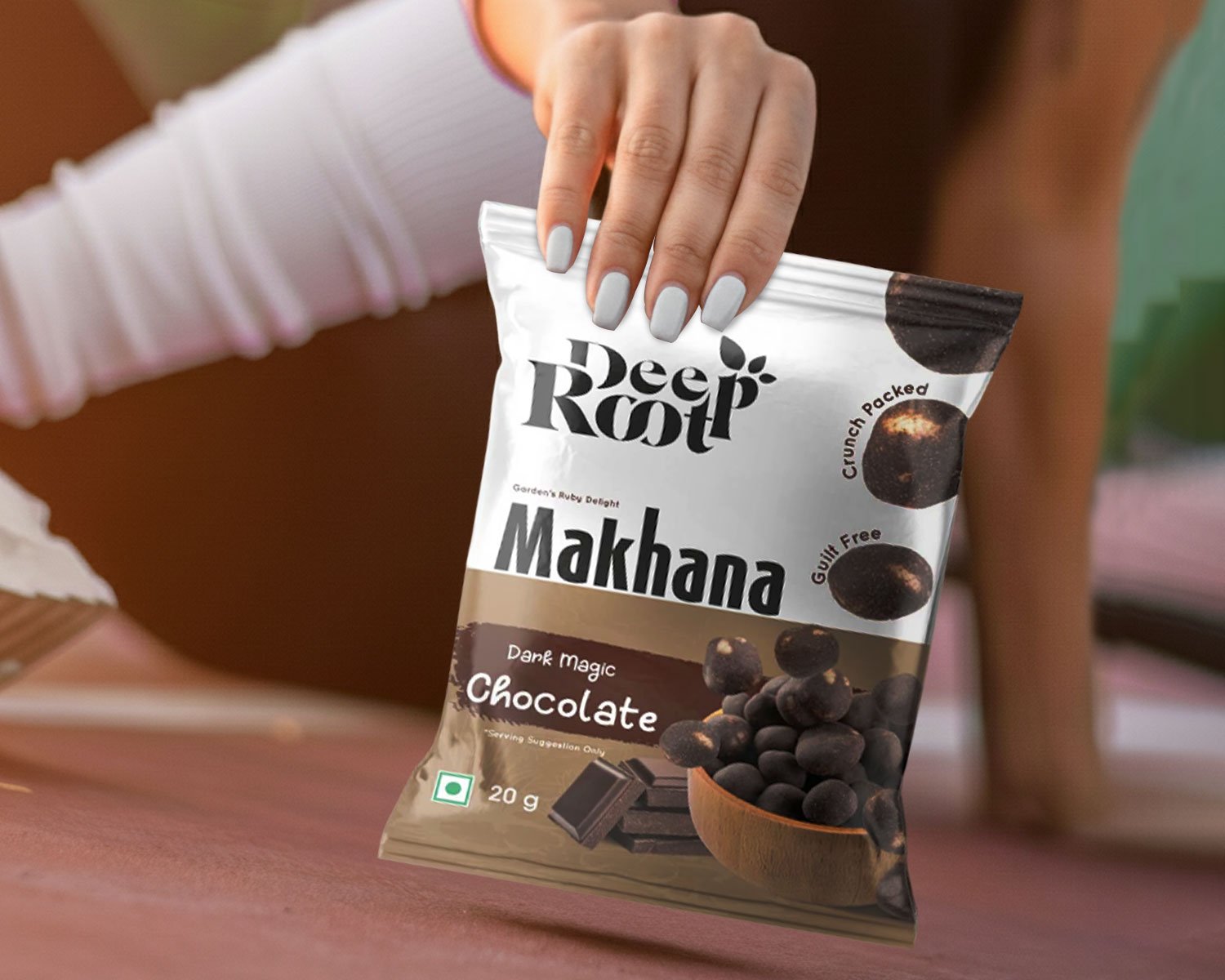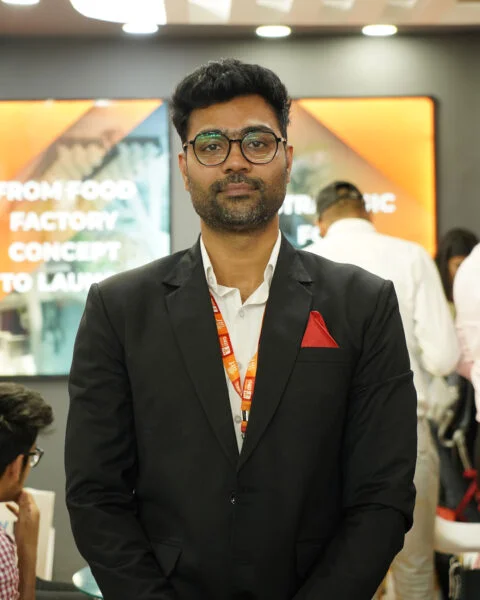Setting up a functional food startup is an exciting journey that is filled with passion, creativity, and the dream of bringing something delicious and unique to the market. But the truth is that nearly 90% of functional food startups fail within the first few years. These shocking statistics raise an important question: why do so many functional food entrepreneurs struggle to survive, and what can be done to improve that?
In this blog, we will get into the common reasons behind these failures and reveal an early-stage consulting hack that can improve your chances of success.
Why Do 90% of Functional Food Startups Fail?
1. Lack of Functional Food Industry Experience
Many functional food entrepreneurs are about food innovation, but they lack the necessary business skills that are needed to run a successful company. Without experience in operations, finance, marketing, or supply chain management, founders usually make the costly mistakes that could have been avoided.
2. Insufficient Capital and Poor Financial Planning
Functional food businesses misinterpret the amount of capital required to reach profitability. Unexpected expenses, cash flow challenges, and poor budgeting can quickly drain resources. Many functional food entrepreneurs fail to plan for uncertainties or scale their finances properly.
3. Weak branding and market positioning
In a saturated market, having a market-ready great product is not enough. Without a clear brand identity and target audience, functional food startups struggle to make themselves unique. This results in a low number of new customers and retention rates.
4. Avoiding Critical Business Aspects Beyond The Product
Many functional food entrepreneurs focus mainly on perfecting their recipes or food concepts, but they ignore the other main components, like location choice, menu planning, regulatory compliance, staffing, and marketing strategies.
5. Operational Inefficiencies and Supply Chain Issues
Functional food businesses operate on thin margins, so inefficiencies in procedures, inventory management, and staffing can quickly reduce profits. Without smooth operations, functional food startups face higher costs and inconsistent product quality.
Why Early Stage Consulting Is The Ultimate Hack For Your Functional Food Business?
What Is Early Stage Consulting?
Early-stage consulting means partnering with experts in functional food consulting who guide you through every step of your food business journey. This includes concept validation, functional food product formulation, financial planning, brand development, sales planning of food startup, and operational setup. It is a structured approach to building a strong foundation for growth.
How Does Early Stage Consulting Help Avoid Problems In Functional Food Startups?
- Expertise and Experience: Functional food consultants bring industry knowledge to help you avoid common mistakes.
- Customised Business Models: Support in creating strategies aligned with your concept and market.
- Financial Planning: Guidance in budgeting, cash flow management, and funding strategies.
- Brand and Marketing Strategy: Helps develop clear positioning and effective sales planning of food startup.
- Operational Efficiency: Optimises supply chain, production, and processes for better profitability.
- Regulatory Compliance: Ensures adherence to food safety and labelling regulations.
ROI of Investing in Early Stage Consultancy
Although consulting may seem like an additional cost, early investment in functional food product formulation, strategy, and food startup consulting reduces costly errors, speeds up market entry, and builds a scalable, sustainable business, saving time, money, and stress in the long run.
Functional Food Startups
Launch your functional food brand—faster, safer & compliant
From R&D to manufacturing, Foodsure manages formulation, FSSAI, vendor mapping & pilot runs—so you focus on growth.
- ✓Clinically aligned recipes: protein, adaptogens, probiotics
- ✓Clean-label, shelf-life & sensory optimization
- ✓FSSAI labelling, claims & nutrition panel
- ✓Contract manufacturing onboarding
10+ yrs · 95+ brand launches · ₹30Cr+ client revenue enabled
How Consulting Transformed The Functional Food Truck To Achieve Success?
Initial Challenges
- Inconsistent sales and difficulty finding busy locations
- Time-consuming permit and schedule management
- Strong competition from other food trucks and restaurants.
Functional Food Consultant Help
- The experts help to identify problems and market trends
- Used a digital platform to manage locations and schedules.
- Helped in proper branding and market positioning
- Fix their supply chain issues.
- Updated menu to include unique and popular items.
Results
- Revenue grew by 30% after improvements.
- Build a loyal customer base with consistent quality.
- Prepared to expand to new locations and possibly add more trucks.
Functional food startup consulting
Early Stage Consulting For The Functional Food Startups: Process
1. Research and Identify Experienced Consultants
Take time to thoroughly research experts in functional food consulting who have a proven track record in the industry. Look for professionals experienced in functional food product formulation, food startup consulting, and sales planning of food startups, especially those who have worked with businesses similar to yours. Review their case studies, client testimonials, and references carefully. An experienced consultant will understand the unique challenges and opportunities in the food sector, increasing your chances of achieving strong and sustainable results.
2. Define Your Needs Clearly
Before reaching out to a functional food consultant, be specific about the issues your business is facing and the goals you want to achieve. Whether it’s improving operations, increasing sales, or launching a new food product, clearly planning your needs will help the consultant create a customised strategy that addresses your challenges and aligns with your long-term visions.
3. Have an Early Stage Consultancy
Don’t wait for major problems to arise in your business and then take a consultancy step. Involving a functional food consultant from the earliest stages, such as when you’re developing a new concept or planning expansion, allows them to provide valuable input on strategy, operations, and compliance. Early consultancy can help you avoid costly mistakes and set a strong foundation for growth.
4. Be Open To Feedback
For consulting to be powerful, it’s important to remain open-minded and willing to consider new ideas. Functional food consultants bring an outside perspective and industry expertise, so be prepared to listen to their recommendations, even if they challenge your current way of thinking. Implementing their advice can help to have improvements in your business.
5. Use Consulting As A Continuous Resource
Instead of viewing consulting as a one-time fix, consider building a long-term partnership through functional food consulting. Ongoing support in functional food product formulation, food startup consulting, and sales planning of food startups helps you analyse growth stages, adapt to market changes, and overcome new challenges effectively. Continuous guidance ensures your business stays competitive, scalable, and resilient over time.
Don’t Let Your Functional Food Startup Become A Statistic, Contact Foodsure Now!
Nearly 90% of functional food startups fail due to a lack of proper guidance, regulatory challenges, and a weak business strategy. Foodsure supports functional food startups with expert formulation, compliance, and growth strategies to help you scale confidently.
Contact us at +91 8130404757 and give your functional food startup the right start in the industry!
Ready to Launch Your Food Brand with Foodsure?
Whether you’re building a beverage, snack, or functional food startup, Foodsure covers everything—recipe R&D, FSSAI, co-manufacturing & scale-up support.
Trusted by 95+ Brands · 10+ Years Expertise · ₹30Cr+ Client Revenue Generated
FAQs
Q1. Why do most functional food startups fail?
Most fail due to poor market research, insufficient funding, weak planning, and a lack of industry expertise.
Q2. What is the biggest challenge for functional food entrepreneurs?
Balancing product innovation with regulatory compliance, branding, operations, and financial management.
Q3. How important is market research in functional food businesses?
Very important, it helps validate demand, understand competitors, and reduce the risk of product failure.
Q4. Do functional food startups need regulatory approval?
Yes, compliance with food safety and labelling regulations is essential before launching products.
Q5. How can branding impact a functional food startup’s success?
Strong branding builds trust, differentiates the product, and improves customer retention.
Q6. Why is financial planning critical for startups?
Proper budgeting and cost control help manage cash flow and ensure long-term sustainability.
Q7. How does consulting support functional food startups?
Consultants provide guidance on concept validation, compliance, scaling, operations, and business strategy to reduce risks.

